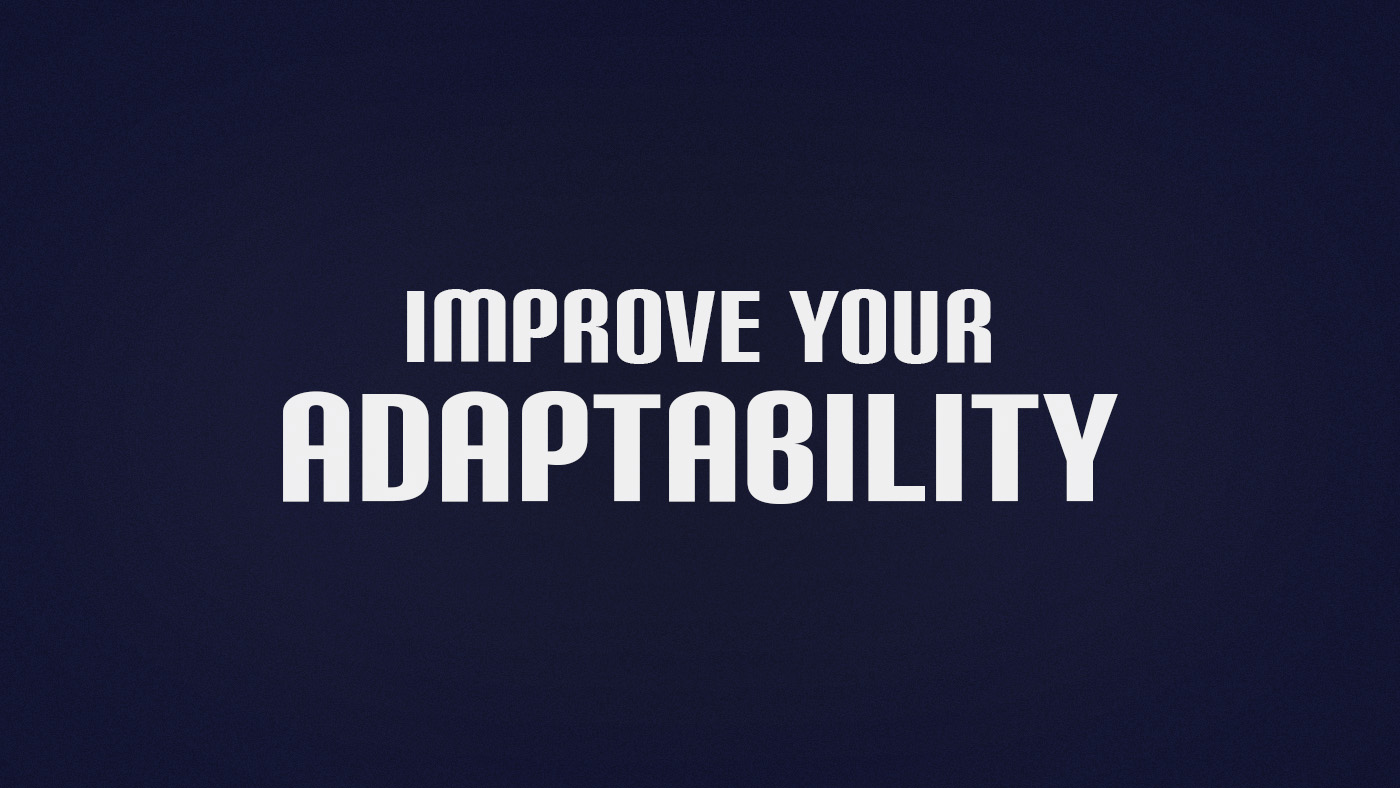How to Improve Adaptability in Football

Adaptability is a vital skill in football, allowing players to adjust their tactics, mindset, and play style to meet the dynamic demands of the game. From handling unexpected tactical changes to excelling in unfamiliar roles, adaptable players consistently contribute to their team's success. Here are several ways to enhance adaptability in football.
